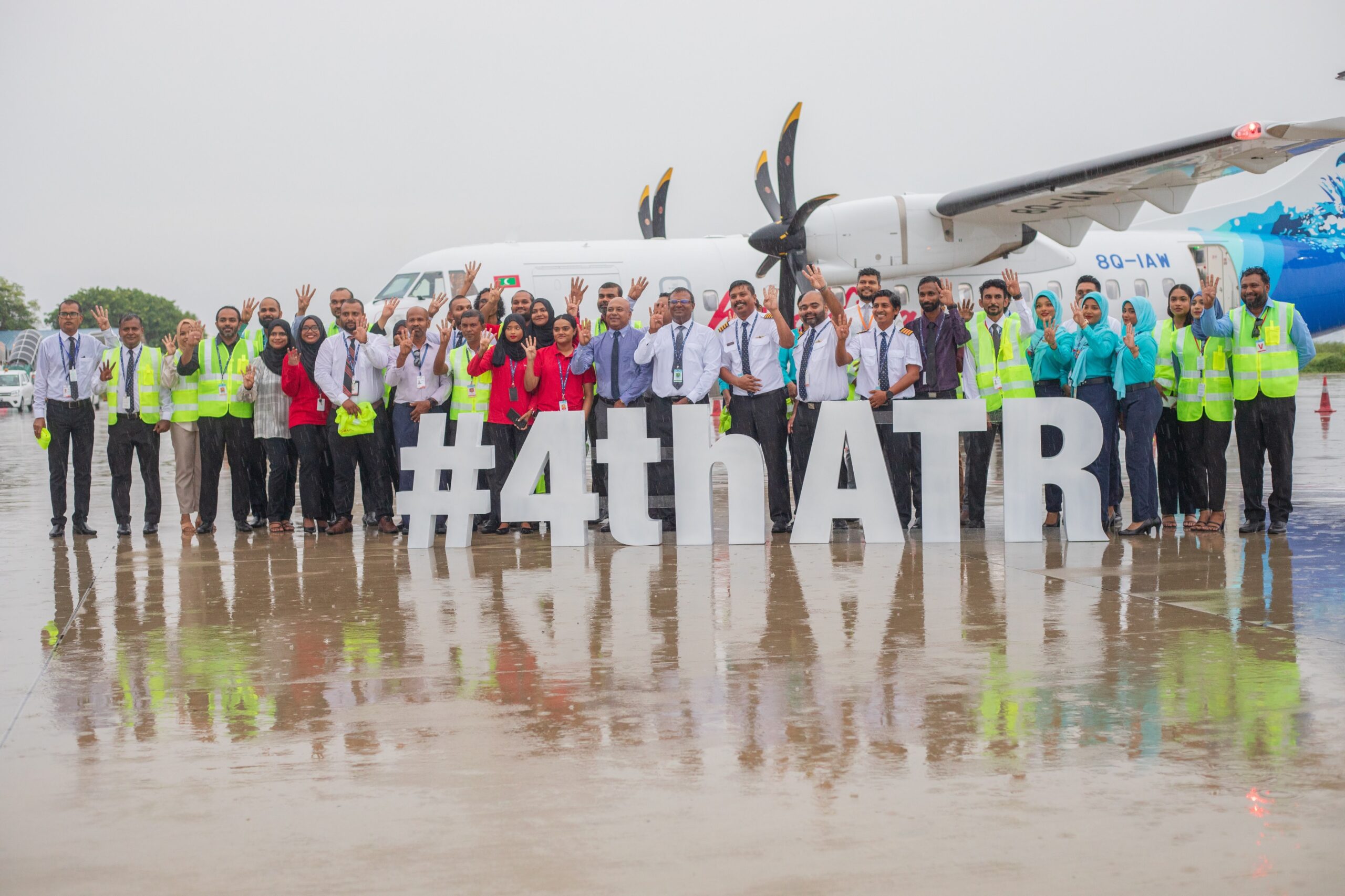The International Monetary Fund has cut the growth rate for eurozone for 2022 to 2.8 percent, from 3.9 percent in its January estimate.
The conflict in Ukraine will weigh heavily upon economic growth in the eurozone, the IMF has said, as the conflict wreaks havoc on energy prices and the manufacturing sector.
The International Monetary Fund on Tuesday revised down its eurozone growth forecast for 2022 to 2.8 percent, from 3.9 percent in its January estimate, with the region’s biggest economy, Germany, taking a heavy hit.
“The main channel through which the war in Ukraine and sanctions on Russia affect the euro area economy is rising global energy prices and energy security,” the IMF said in its World Economic Outlook report.
The conflict has hurt some countries like Italy and Germany more than other European nations because they had “relatively large manufacturing sectors and greater dependence on energy imports from Russia”, the IMF said.
Germany’s economy is now expected to grow by 2.1 percent this year, down from the previous forecast of 3.8 percent. Italy will also take a heavy hit, with growth of 2.3 percent compared to an earlier forecast of 3.8 percent.
READ MORE: IMF aims to raise over $45B to help ‘vulnerable’ countries with new trust
Ukraine conflict
After Moscow’s attack on Ukraine in February, the West including eurozone countries imposed sanctions on Russia’s financial system, aviation sector and other major parts of the economy.
Nearly two months later, prices are rising. Oil remains above $100 per barrel after reaching historic highs in March, while the price of gas, wheat, aluminium, nickel and other raw materials have soared.
As a result, consumer price inflation in the eurozone has surged to 7.5 percent, an all-time high.
Pierre-Olivier Gourinchas, chief economist of the IMF, warned during a briefing that any tightening of sanctions would lead to “a more significant reduction in economic activity in the euro area”.
But in comments likely to provide a little relief, Petya Koeva Brooks, deputy director in the IMF’s research department, said the Fund does not expect a recession in the eurozone area.
The drag from the conflict in Ukraine comes as the eurozone economy was set to fully recover from the pummelling it took from the pandemic in 2020.
The IMF had predicted last October that eurozone growth would be 4.3 percent in 2022 before lowering the forecast in January due to a global supply chain crisis and the emergence of the Omicron variant of the coronavirus.
The IMF’s latest report also lowered the eurozone’s growth outlook for 2023 to 2.3 percent, down from 2.5 percent previously.
But it slightly increased its forecast for Germany to 2.7 percent. Italy’s growth, however, will slow further to 1.7 percent.
READ MORE: The IMF warns of the US dollar losing dominance after sanctions
Source: AFP

 News5 days ago
News5 days ago
 News5 days ago
News5 days ago
 World5 days ago
World5 days ago
 Business4 days ago
Business4 days ago
 Travel & Culture6 days ago
Travel & Culture6 days ago
 Business6 days ago
Business6 days ago
 World6 days ago
World6 days ago
 Business5 days ago
Business5 days ago


















